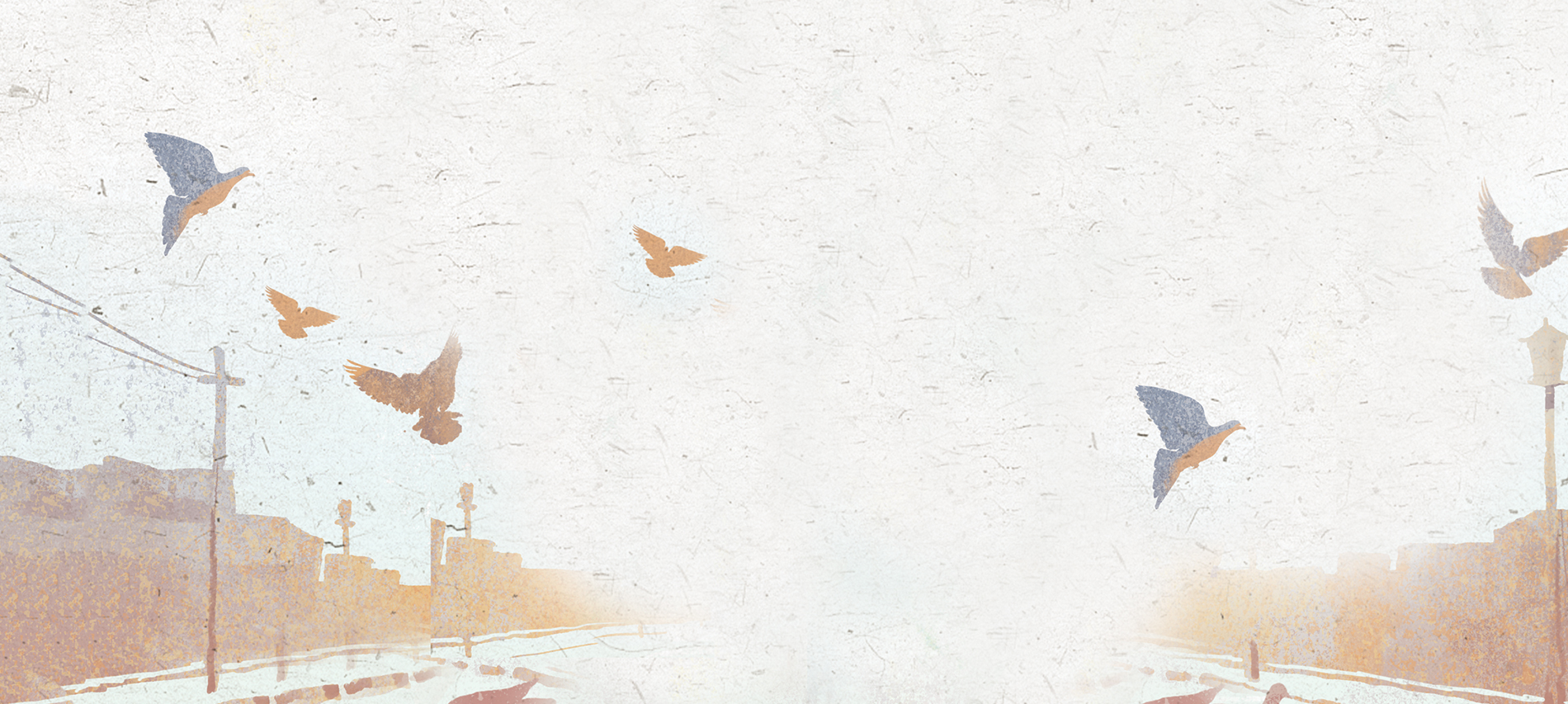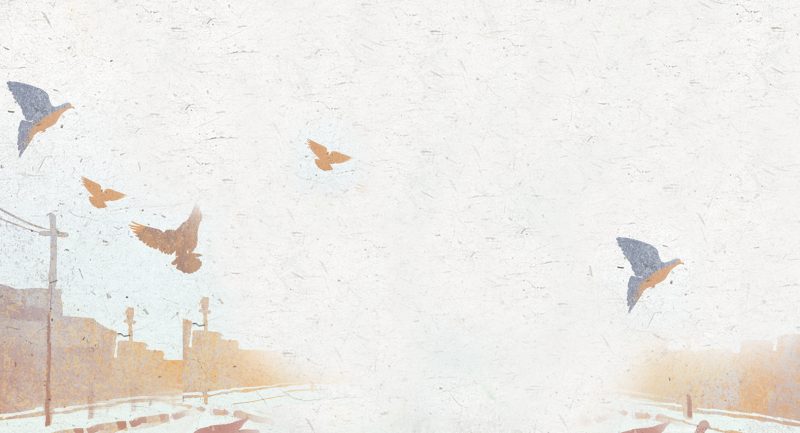
Ruskin Bond ran away from his prison-like boarding school in the hills to go and live with his father in Delhi. In ‘Looking for the Rainbows’, Ruskin Bond regales in his past and revisits the beautiful days he spent with his father going to the cinema, singing songs, reading books and taking long walks.
Here’s a short glimpse from ‘Looking for the Rainbow’, holding Ruskin’s hand and going back to where it all started.
An entire year without school! What more could an eight-year-old boy ask for? Not what his parents would ask for, certainly; but after serving a two-year sentence in a fun-less convent school in the hills, I was more than happy to take a long, enforced break from gloomy classrooms, smelly dormitories, an overcrowded playing field and a diet of cabbage soup and boiled meat.
That was the sort of school I’d escaped from— or rather, been plucked out of by my father in the middle of the summer term.
It was 1942, the middle of World War II, and my parents too had been at war with each other. They had, in fact, separated, and my mother was about to marry again. My father was serving in the Royal Air Force, and was living on his own in an Air Force hutment in New Delhi, working in the Codes and Cyphers section at Air Headquarters. I was particularly close to my father, and I insisted on going to live with him rather than to a new and unknown home.
My mother took me out of the hill school near her home in Dehradun and put me on the train to Delhi.
My father was on the station platform in Delhi, looking very smart in his RAF uniform. He hugged me, took me by the hand and led me to the station restaurant, where we had a healthy breakfast. Even a railway breakfast was better than the fare we had at school!
We were joined by my uncle Fred, who was then the station superintendent at the Old Delhi station. He had a bungalow nearby. But my father’s quarters, or hutments as they were called, were at the other end of Delhi, on Humayun Road, where the new capital of India had been created.
We must remember that up until then, Calcutta had been the capital of British-ruled India, and Simla, the summer capital. Now the capital was New Delhi, still very new and still coming up, and Simla, of course, was much nearer.
The hutment was a bit of a surprise. It consisted of two brick-walled rooms, a kitchen and a bathroom. And it was in the middle of nowhere.
Humayun Road, in those far-off days, was simply a lane running through a scrub forest. It had been cleared in places so that these wartime hutments could come up. But there were more jackals than people in the area. And snakes too.
As Ruskin prepared to spend some of the most wonderful days of his life with his father in ‘Looking for the Rainbow’, let’s gear up for the next part in the enchanting series where Ruskin’s life is about to take a drastic turn! Pre-order your copy of ‘Till the Clouds Roll by’ today!








